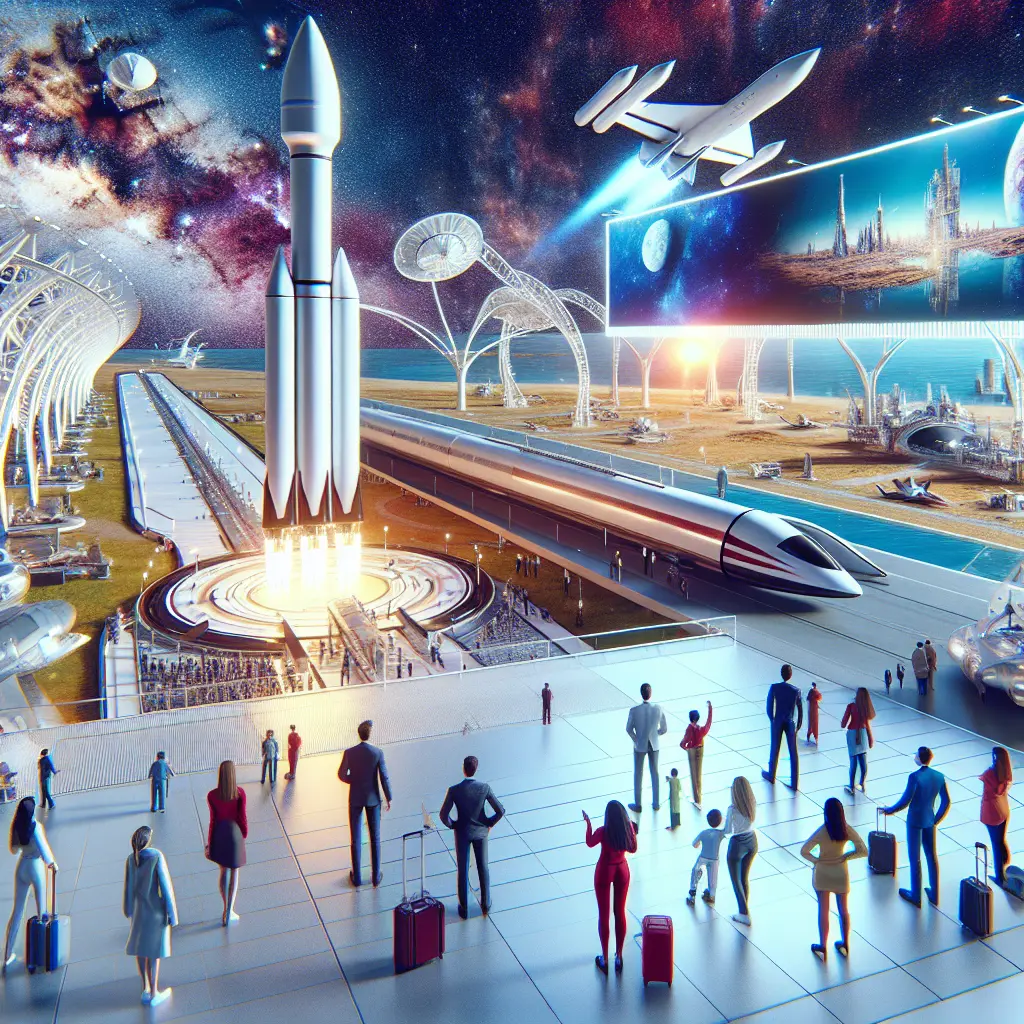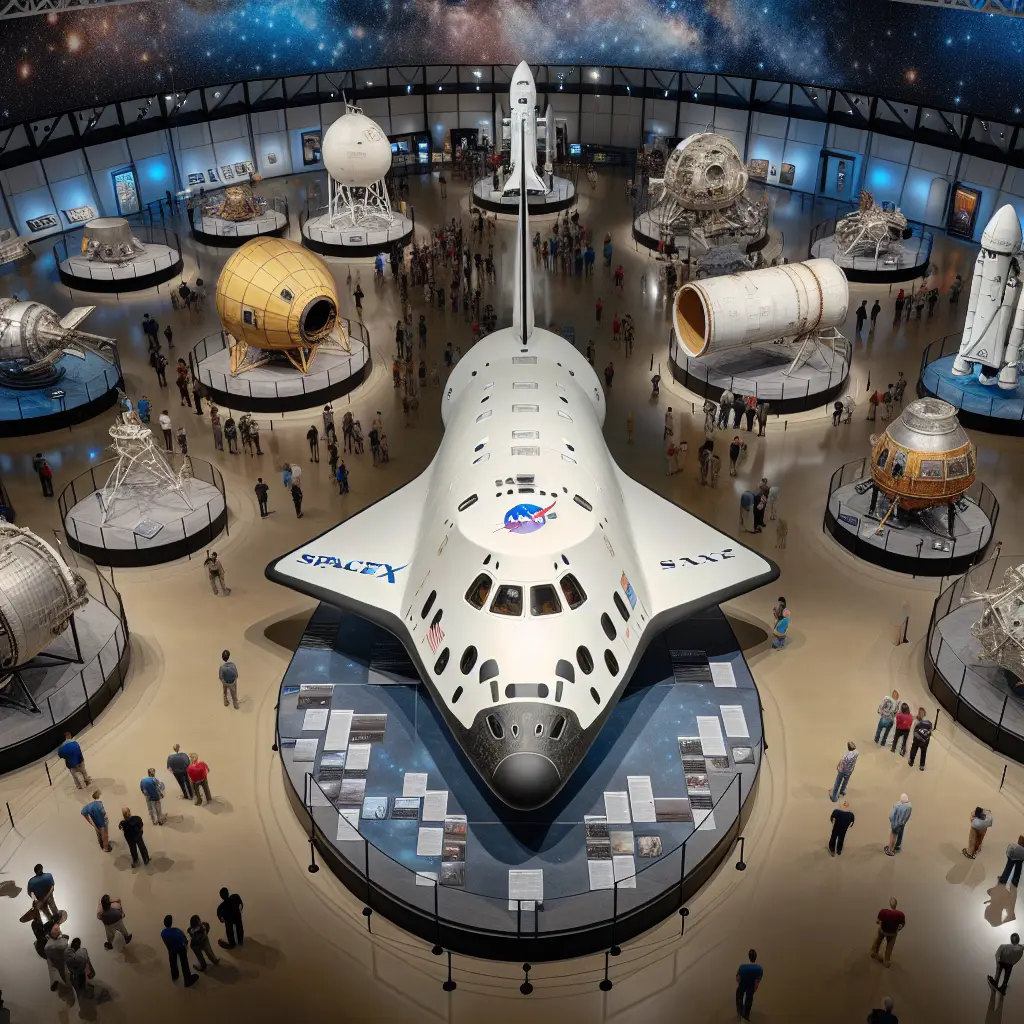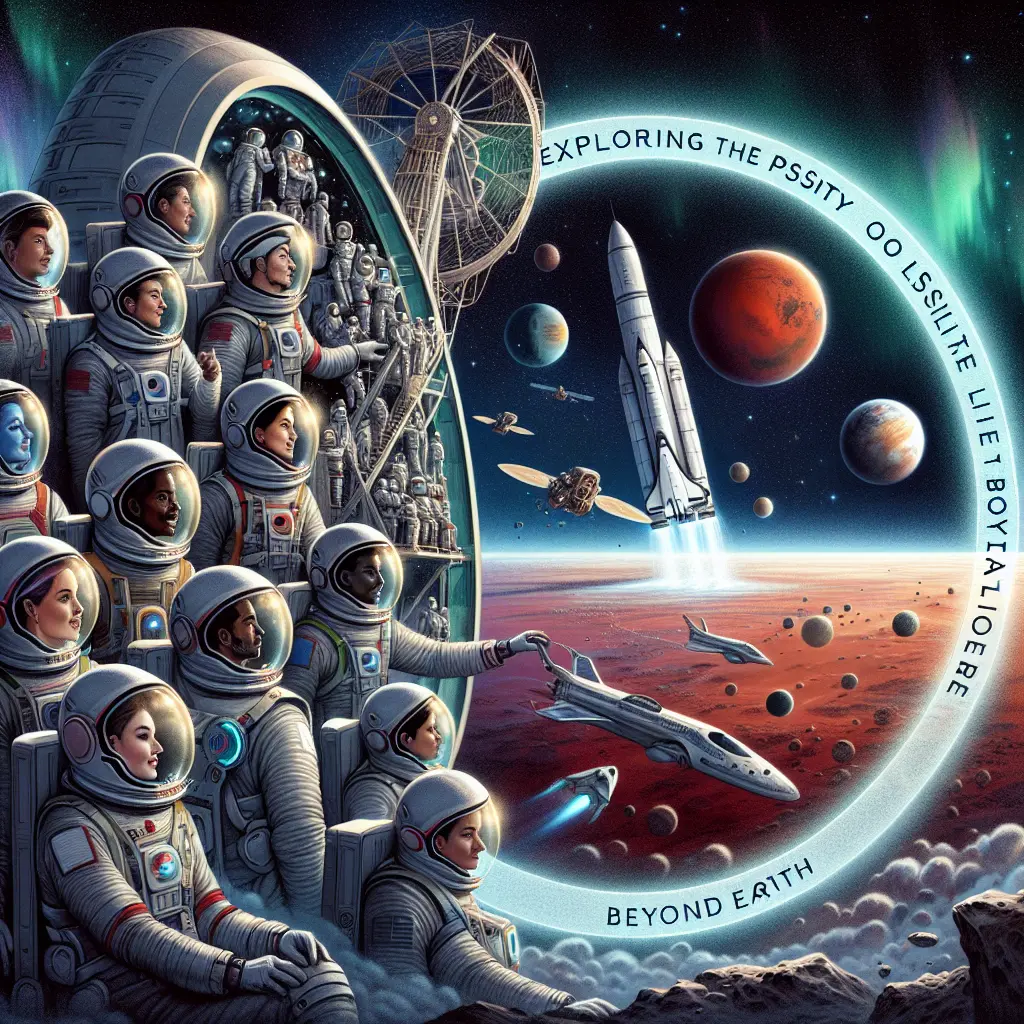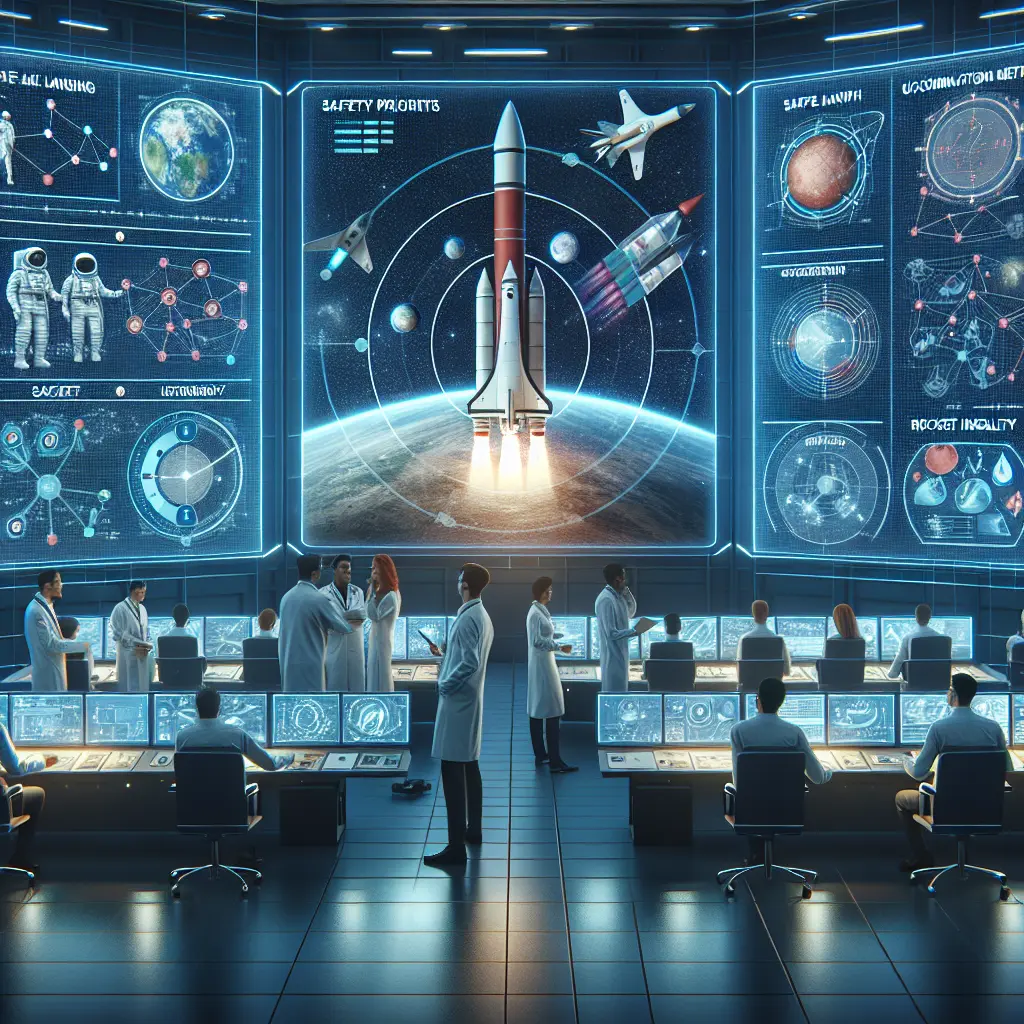SpaceX, a name synonymous with innovation and ambition in the realm of aerospace engineering, has been at the forefront of space exploration since its inception in 2002 by visionary entrepreneur Elon Musk. With a mission to reduce space transportation costs and enable the colonization of Mars, SpaceX has not only revolutionized space travel with its Falcon rockets and ambitious Mars exploration plans but has also made significant contributions to science education, particularly in STEM fields.
SpaceX's impact on space exploration is undeniable. Its achievements in developing the reusable Falcon rockets have not only increased the frequency and reduced the cost of space travel but have also sparked renewed interest in aerospace engineering and space research. The successful launches and landings of the Falcon 9 rockets have been pivotal in teaching the world that space travel could be more sustainable and economically viable.
However, SpaceX's contributions go beyond just technological advancements. Through various educational outreach initiatives and student programs, SpaceX has played a crucial role in inspiring the next generation of scientists, engineers, and explorers. These initiatives are designed to ignite passion for STEM education by providing hands-on experiences and real-world applications of science and technology.
SpaceX's commitment to science education is evident through its numerous educational programs and partnerships with schools and universities. These programs aim to encourage students to pursue careers in STEM fields, thus fostering a new generation of scientists and engineers who will continue pushing the boundaries of what is possible in aerospace technology, satellite technology, and beyond.
One notable aspect of SpaceX’s educational outreach is its involvement in launching educational payloads into space. Schools and universities have been given opportunities to send experiments to the International Space Station, where students can watch live as their experiments are conducted in space. This not only provides invaluable learning experiences but also inspires students by directly involving them in space research.
Tackling Challenges and Setting New Goals
Recently, SpaceX has been in the news for several reasons that highlight both the challenges and breakthroughs typical of groundbreaking entities in the field of space technology. Elon Musk announced plans to relocate SpaceX’s headquarters from California to Texas, seeking a more supportive and expansive environment for future growth and development. This move comes amidst a backdrop of competitive tensions, notably with Blue Origin filing a complaint over SpaceX’s launch plans in Florida, reflecting the high stakes in commercial spaceflight.
Moreover, SpaceX has faced technical challenges with its Falcon 9 rockets. A rare launch failure was pinpointed to a malfunction in the second stage of the rocket, leading to temporary grounding. Despite these setbacks, SpaceX’s relentless pursuit of innovation continues. As Falcon 9 faced scrutiny, tests were underway for the next Starship flight, underscoring SpaceX’s commitment to advancing space exploration technology.
These developments are essential not just for SpaceX but for educational purposes as well. They provide real-world case studies for academic discussion and analysis within aerospace engineering courses and rocket science education, giving students practical insights into the complexities and challenges of space technology.
Elon Musk's vision for Mars exploration is another stirring element of SpaceX's narrative that captivates many. The ambitious goal to colonize Mars goes beyond scientific curiosity; it is about ensuring the long-term survival of humanity. This grand vision provides an excellent framework for integrating various educational disciplines – from physics and engineering to ethics and environmental science – thereby enriching STEM education curricula.
Inspiring Through Mars Exploration and Beyond
SpaceX’s planned Mars missions also offer a unique platform for space research, including studies on interplanetary travel’s physiological impacts and sustainable living technologies in extraterrestrial environments. These research opportunities can significantly enhance university curriculums and student projects, linking theoretical knowledge with groundbreaking practical applications.
As we reflect on SpaceX's journey so far, it is clear that its influence stretches beyond the realms of space exploration and aerospace technology. Through its innovative Falcon rockets, high-profile SpaceX launches, and visionary projects like Mars colonization, SpaceX has not only led significant advancements in technology but has also profoundly impacted science education. By fostering an environment where young minds can thrive in STEM fields through hands-on experiences and real-world applications, SpaceX is nurturing the next generation of innovators and explorers.
As we look to the future, the interplay between SpaceX’s technological pursuits and educational contributions will undoubtedly continue to inspire and educate. Whether it’s through observing live rocket launches or participating in student programs designed around satellite technology or Mars exploration, the opportunities for learning and inspiration are boundless.
In conclusion, as we continue to watch SpaceX reach for the stars, let's also recognize and celebrate its role in elevating science education to new heights. Here's to more innovations, explorations, and educational breakthroughs that lie ahead!










Leave a Comment